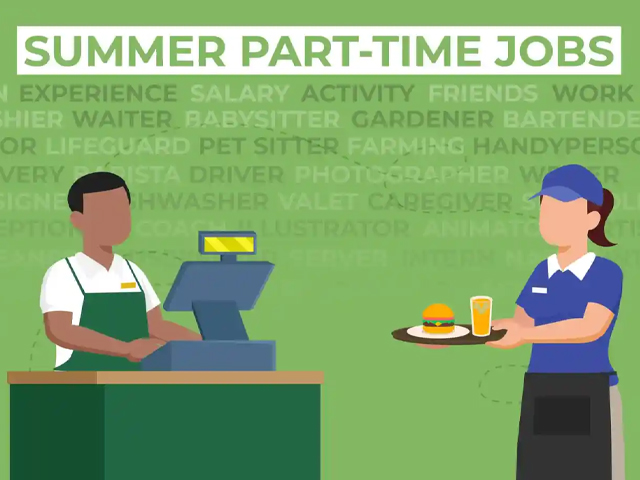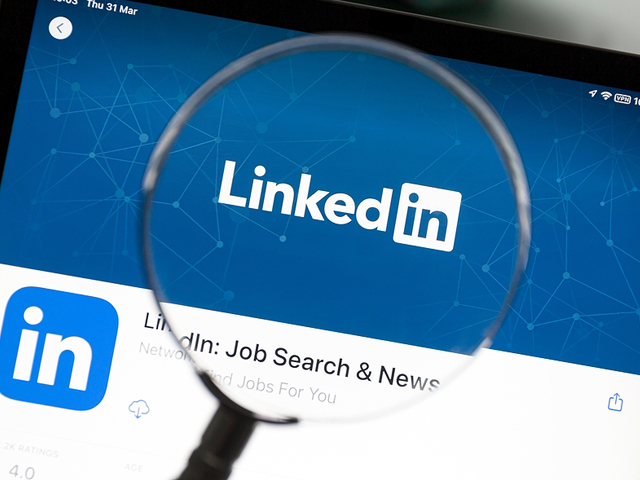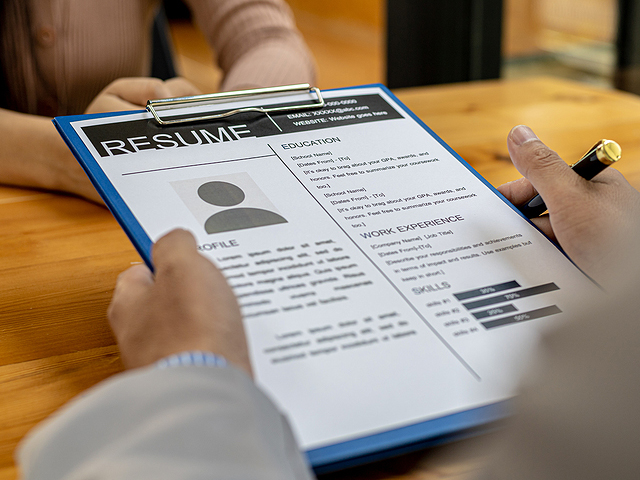
If you have a job interview coming up, you may be feeling nervous, and this is normal. Job interviews are a necessary process in your career evolution. Knowing what to expect can help you feel less anxiety. Understanding what will be expected of you and the appropriate etiquette for interviews can diminish the stress.
Preparing some answers ahead of time to the most common interview questions can help make the entire process less intimidating and help you feel more prepared. Of course, you don't want to sound like a robot; however, you want to be confident in your interview and be able to articulate thoughtful, honest responses. Many people find success practicing their answers in front of a mirror before their interview date.
Interview Questions
1) Tell me about yourself and what you care about
It can be easy to delve into the achievements listed on your resume and try to sell yourself as a response to this question. However, remember the interviewer has already read your resume before calling you in. Instead of repeating bullet points, go into greater detail regarding some of your larger accomplishments.
Explain how and why you would be an asset to their company. By highlighting your professional interests or showcasing how your interests align with the job description, you can stand out as the perfect candidate for the job. Remember, your hiring manager wants to hear about your professional interests and not your personal history unless it directly relates to the job you are applying for.
2) Describe your weaknesses
This is your chance to describe how you turned negative aspects into positives. Simply stating that you are guilty of working too hard isn't going to cut it. Maybe you realize that you work better under deadlines, and this is the reason behind your procrastination tendencies. You can discuss this realization but ensure you include active strategies you are implementing to help you manage your time better and how you plan on staying organized.
This question is focusing on your problem-solving abilities. Describe how you realized what wasn't working and how you amended the situation. Turn your largest weakness into your greatest strength by carefully answering this question.
3) Describe a work-related challenge and how you overcame it
Hiring managers want to know how you can contribute to the team and if you will be a positive cultural fit. How you deal with conflict is a telltale aspect of your personality. Be prepared to discuss how you solve problems or if you are more of a delegator. Try to outline a situation where you and your team dealt with an issue and how you came to a compromise or resolution.
4) Why did you leave your last job?
It is obviously unwise to throw shade at your previous employer with criticism. However, use this question as an opportunity to describe the responsibilities and benefits you are seeking in a new role and your preferred career path.
Align your ideas with the job requirements listed for the position you are applying for. For example, maybe you currently run the accounting or advertising for your current job on your own but you are excited to work as part of a team to learn more and brainstorm collaboratively.
5) Where do you see yourself in 5 years?
Hiring managers rely on this question to understand what your long-term career goals entail. Describe your desired trajectory. Can this job deliver your aspirations? Focus on highlighting your ambition to showcase to employers your company dedication. However, don't go over the top and stay realistic. A general response stating that you "desire to climb the corporate ladder according to my performance," is a great place to start.
Of course, it is perfectly acceptable to acknowledge that you have no idea where you will be five years in the future as well. However, if this is your response, try to show enthusiasm regarding how well you enjoy undertaking any challenges that will arise along the way and moving forward in your career.
6) What are your salary expectations?
Money matters can be uncomfortable to address. If you go in armed with statistics, however, you should walk out feeling fine.
Money conversations can be difficult for many people. However, if you enter the meeting with statistics regarding what you are worth in terms of your position, you will have an easier time. It is important to do plenty of research ahead of time.
Using sites such as Glassdoor or PayScale can offer some insight into the going rate for your field. You can use this information and pair it with your experience and education to come up with a wage range. If you are asked how much you want to earn, choose the highest number and be willing to negotiate and be flexible if you want the position.
Benefits are another key part of this conversation. You may be asked to take a salary cut to enjoy a more robust healthcare plan. Determine if they will disclose the benefits and pay range ahead of time so you can join the conversation with a better idea.
7) What are the benefits of hiring you?
Although an intimidating question, it does offer the opportunity to summarize your experience and reiterate the skills you think you can bring to the department and company overall. Emphasize the cultural fit you’ll be and detail the results you have proven you can deliver.
Don't get caught up in this intimidating question. It simply allows you the chance to reiterate your skills and experience and how you can deliver those benefits to the company. Highlight the cultural fit that you will bring to the table and provide details of how you can deliver. Your hiring manager will be impressed and hopefully happy to welcome you to the team.











